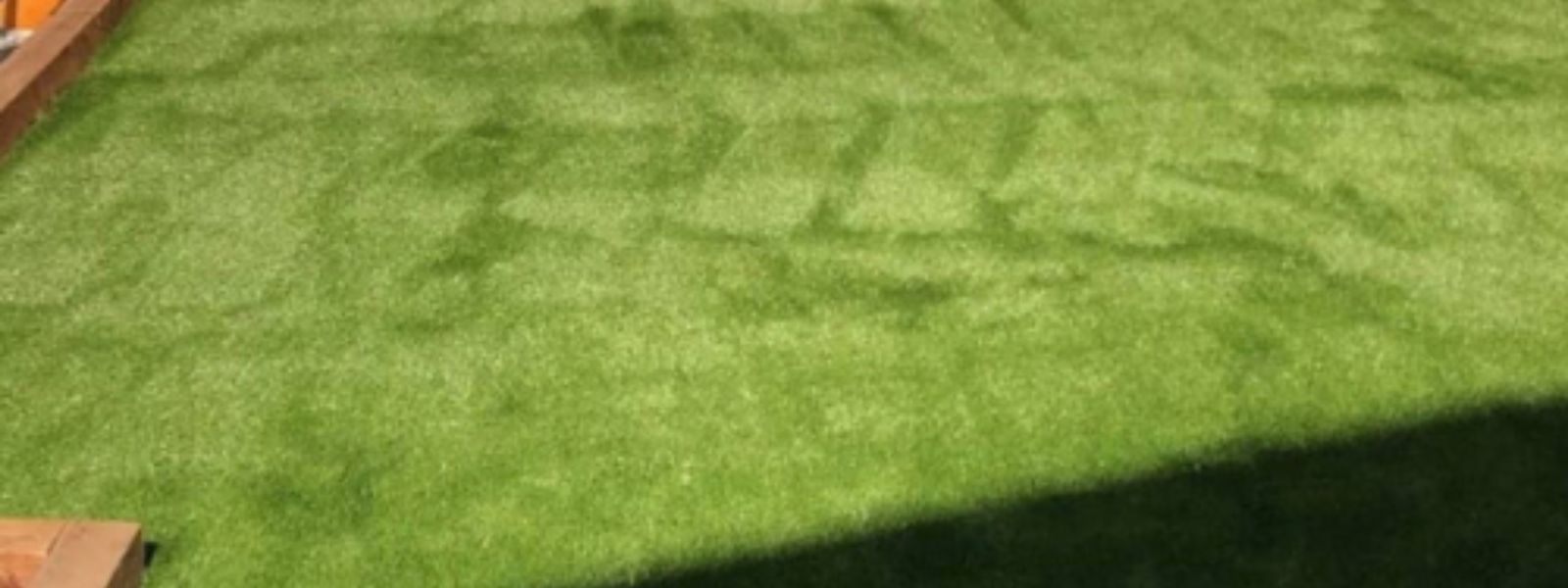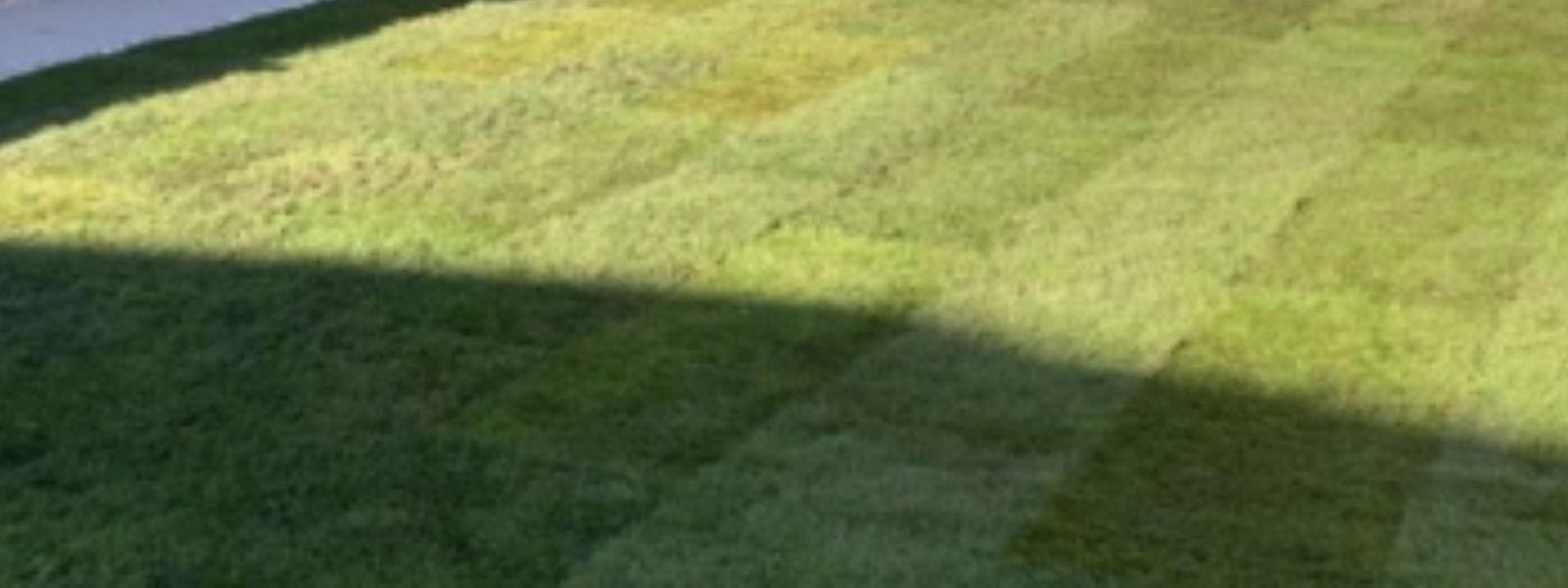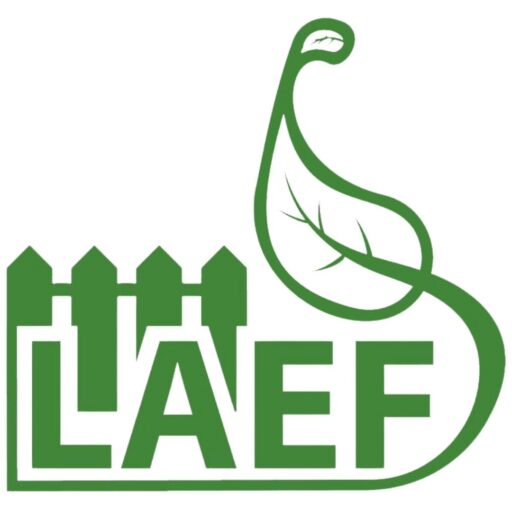All artificial turf is made with toxic PFAS compounds and some types are still produced with recycled tires that can contain heavy metals, benzene, volatile organic compounds and other carcinogens.
Crumb rubber can degrade from weather and microbes, producing new chemicals. Toxic components can be breathed in, accidentally ingested, contact the skin, and leach into surface water and groundwater. Besides toxicity.


A modern artificial field surface has three layers – drainage, shock absorbing, and surface. The surface has polyethylene plastic blades that simulate grass and a several inch layer of “infill” that keeps the blades upright. The infill varies by manufacturer and may include ground-up recycled tires, ground-up soles of athletic shoes, silica sand, and/or new thermoplastic or rubber material. This “crumb rubber” has been found to contain toxic materials such as:
- Toxic metals including zinc, lead, arsenic, cadmium, and chromium which have many harmful effects on humans and the environment.
- Carcinogens including polycyclic aromatic hydrocarbons (PAHs).
- Latex and other rubbers which can cause allergic reactions.
- Phthalates which have adverse effects on the reproductive organs, lungs, kidneys and liver.
Crumb rubber can degrade from weather and microbes, producing new chemicals. Toxic components can be breathed in, accidentally ingested, contact the skin, and leach into surface water and groundwater. Besides toxicity, other problems with artificial turf include: - Crumb rubber doesn’t stay in place. It can move around on the field and sticks to the skin, shoes, and clothing of staff and students who use the fields. It can end up inside schools, vehicles, and homes.
- Excessive heat. Artificial surfaces are dramatically hotter than natural grass fields, reaching temperatures up to 150 degrees Fahrenheit and possibly contributing to burns, dehydration, and heat exhaustion. They may be too hot to play on at times. Watering cools them down but they heat back up quickly.
